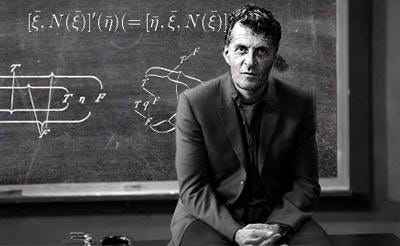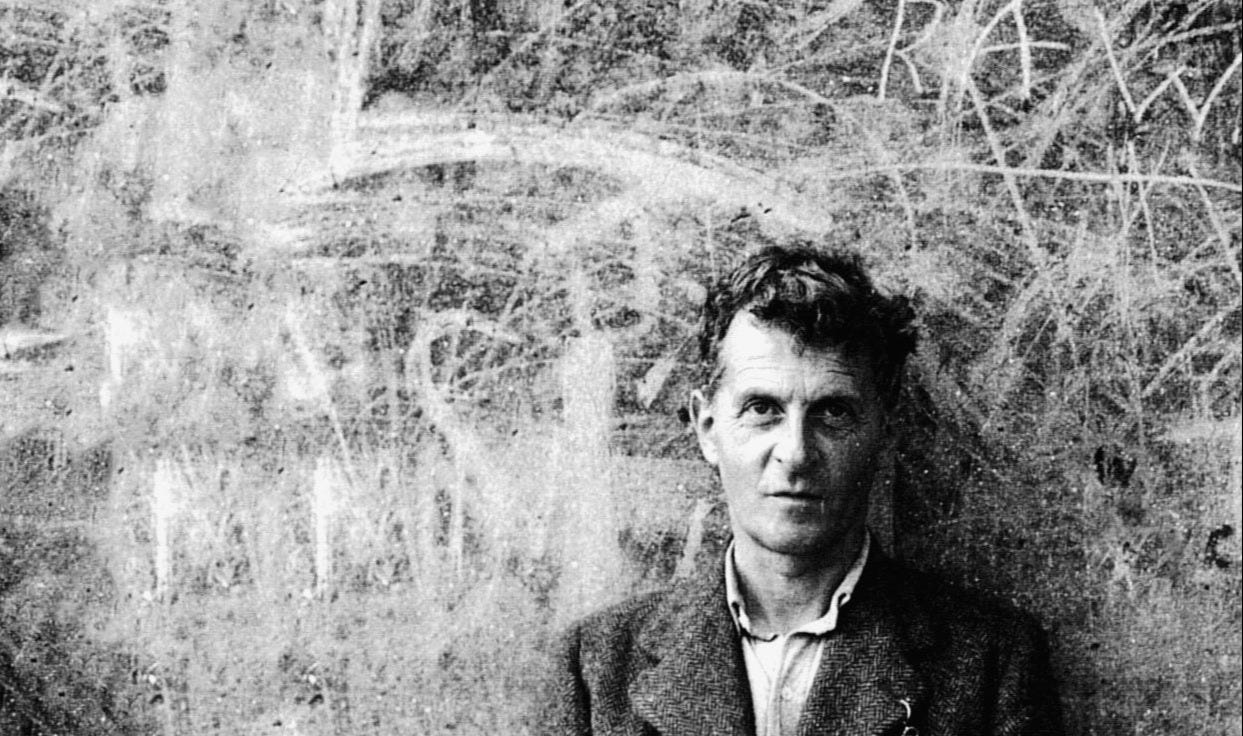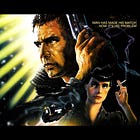Everything You’ll Ever Need to Know About Philosophy | L. Wittgenstein
a Short Essay for the Modern Existentialist
1 | Tractatus Logico-Philosophicus: On the Subject of Logical Philosophy
Wittgenstein’s Tractatus both opens and closes with the following remark:
Whereof one cannot speak, thereof one must remain silent.
Everything else—each word and every phrase—which is said between this beginning and end exists only in service towards the communication of this single idea.
Whereof one cannot speak, thereof one must remain silent.
In other words:
On subjects which nothing conclusive can be said—at least, to a reasonable degree of certainty—nothing can be said at all.
Or, at the very least:
On subjects which nothing conclusive can be said, we cannot claim to have said anything conclusive.
All metaphysical theories, when reasoned through to their logical ends, necessarily must reduce back down into some set of empirical premises. After all—from what world could one possibly hope to obtain data with which to formulate premises… if not from the world which we can experience?
What could we possibly hope to know… except for that which can be known?
Wittgenstein says this—that:
When practitioners of dogmatic philosophy attempt to qualify a metaphysical theory, they fail always to “give meaning to some signs”—that is, to offer a complete set of compelling evidence or logic to present a valid theory.
2 | Conclusions
Whereof one cannot speak, thereof one must remain silent.
On the topic of things of which we can’t have any Empirical knowledge, we cannot—at least, in good faith—claim to have any knowledge at all.
This, Wittgenstein claims, is—in reality—everything you’ll ever really need to know about philosophy. And, once you’ve reached this understanding—once you’ve recognized and acknowledged this idea—then…
You’re free to go out and live your damn life.








